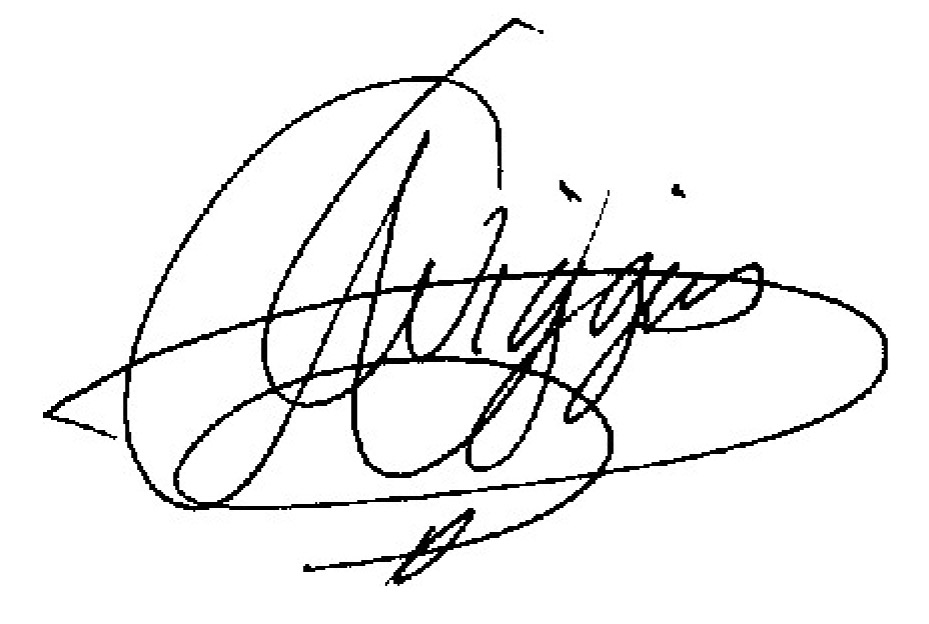December 10, 2010
WASHINGTON, D.C. -- The international community should be outraged by the human rights violations taking place on Rapa Nui Island, also known as "Easter Island," according to experts at the Indian Law Resource Center.
A long history of dispute over indigenous rights and unresolved land issues escalated to violence on December 3, 2010. Chilean police forcibly evicted members of the Tuko Tuki clan, which led to significant injuries for more than 20 members. The unarmed clan members were beaten and shot with rubber bullets.
"The Chilean policy on Rapa Nui issues needs to be reformed," said Armstrong Wiggins, director of the Center's Washington, D.C. office. "It is time for Chile to observe international human rights standards and to avoid solutions by force."
The island is in the southeastern Pacific Ocean and is a special territory of Chile, annexed in 1933 without the consent of the Rapa Nui Nation. Most of the 36 Rapa Nui clans have been engaged in a collective effort to recover their ancestral lands, protect sacred sites, and regain self-government over clan issues.
During a fact-finding trip to the Rapa Nui Island in August 2010, the Center staff documented first-hand the serious threat the Rapa Nui face with the Chilean police. The Center notified the Inter-American Commission on Human Rights in October filing Precautionary Measures to protect the indigenous community.
To date, Chile has yet to respond to inquiries by the Inter-American Commission for information on the evictions violently carried out in September, October and December 2010. The Commission questioned Chile about the legal basis to evict the Rapa Nui clans from their ancestral lands.
"The Center will continue to seek justice under international law and work for policy reforms made with input and consensus with the Rapa Nui Nation," said Wiggins. "We ask for international support to bring justice and a peaceful solution for the Rapa Nui."
Indian Law Resource Center Public Statement
10 December 2010
Chile Responds with Violence to the Rapa Nui Nations’ Legitimate Claims
The Center considers the current internal and external Chilean policy on Rapa Nui issues to be highly objectionable, and calls on the Chilean judiciary, the National Congress, and the President Sibestian Piñera to reflect upon this issue. It is time that Chile revises its laws, policies, and judicial decisions relevant to the Rapa Nui Nation, while avoiding solutions based on the disproportionate use of force. These reforms must be undertaken with adequate respect to international human rights standards applicable to indigenous peoples. Failure to do so, would compromise Chile’s international responsibility within the bodies of the Inter-American human rights system. The Center will continue to employ legal means, under international law, to work for policy reforms on Rapa Nui issues that are adopted in consensus with the Rapa Nui Nation and that adhere to international standards.
Since 1888 to the present, Chile’s relationship with the Rapa Nui Nation has been governed by anti-democratic principles harmful to the collective rights of the Rapa Nui Nation. The failure of the state to comply with the terms of the treaty of 1888 signed with the Rapa Nui Nation, and the subsequent annex of “Easter Island” as a special territory of Chile in 1933, constitute the foundationof this relationship, which has not been subject to substantive changes to date.
Human rights violations against the Rapa Nui have become the norm. The forced relocation of the Rapa Nui clans from their ancestral lands and the subsequent confinement to Hanga Roa, a section of the island, violated their right to freedom of movement and the collective right to property, among others. During this time, any Rapa Nui individuals who left the encampment were brutally punished; punishment sometimes included exile to a leper colony. These violent evictions are how Chile was able to lease the island to private enterprises. The Rapa Nui were confined on Hanga Roa until approximately 1966. Since then, Rapa Nui have been permitted to move around the island. They were allowed to access medical services for the first time in 1966.
This relationship, marked by gross human rights violations, has remained constant during the dictatorship and throughout the change to a democratic Chile. The violations continue notwithstanding Chile’s numerous ratifications of human rights treaties, such as the American Convention on Human Rights. For these reasons, from the middle of 2010, the Rapa Nui clans have reasserted their collective rights to self-government and their ancestral lands. These measures are meant to protect their sacred sites known as the Moai. At this time, the Rapa Nui Nation also sought the support of the Indian Law Resource Center (Center).
Attempting to shield the conflict from international attention, Chile continues to respond in an evasive and violent manner to the Rapa Nui’s claims. Beginning in August 2010 the Vice-President of Chile created a “Working Group” on Rapa Nui issues. Instead of inviting Rapa Nui leadership to participate, he has prohibited the participation of the legitimate representatives of the majority of the Rapa Nui clans. Even before the “Working Group” completed its review of the Rapa Nui claims, Chilean police executed a string of evictions without consideration to the Rapa Nui’s rights to their ancestral lands. Such evictions were permitted even against the clans participating in the “Working Group” who requested consideration of their rights to their ancestral lands. This is what happened, for instance, to the Tuko Tuki clan, which was violently evicted December 3, 2010. The recent evictions allude to a lack of transparency in the government and its disingenuousness in creating a toothless “Working Group.”
During a fact finding trip to Rapa Nui Island in August 2010, the Center verified the seriousness of the situation facing the Rapa Nui Nation. The Center’s contribution includes pursuit of a solution by legal means under international law. In October, the Center filed a Request for Precautionary Measures before the Inter-American Commission on Human Rights in favor of approximately 28 Rapa Nui clans to prevent major violations of their human rights. This request is being processed in accordance to the procedures of the Inter-American Commission, an organ of the Organization of American States (OAS) responsible for supervising states’ compliance with the American Convention on Human Rights, and related treaties.
With respect to the Center’s request, Chile has made no official statements and has not responded to the Inter-American Commission’s request for information. The Commission requested information from the Chilean State at the beginning of November about the Rapa Nui situation. Its inquiry included questions about the legal basis for the evictions against the clans from their ancestral lands, and the results of the “Working Group,” among others. The Commission sent an additional request for information on December 3 to ascertain details related to the violent eviction of the Tuko Tuki clan. The Center is concerned about the violence deployed by police forces against the displaced Rapa Nui peoples, who were unarmed at the time of the eviction, and were beaten and shot with rubber bullets.
 |  |
| Armstrong Wiggins Director of the Washington, DC Office | Leonardo Crippa Staff Attorney |
